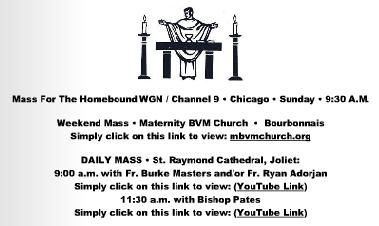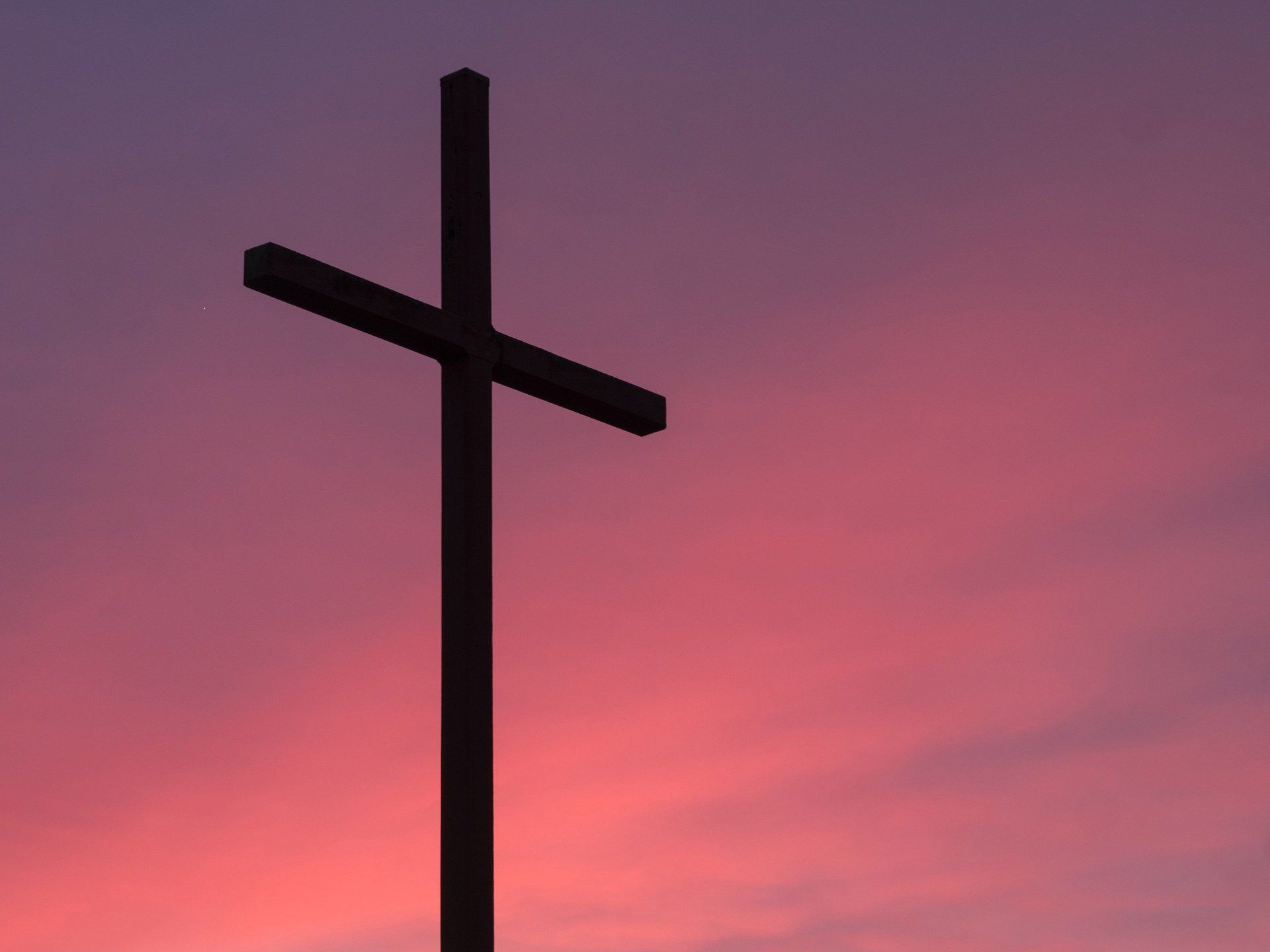St. Patrick Parish Mass Times
Monday - 7:15 a.m.
Tuesday - 7:15 a.m.
Wednesday - 7:15 a.m.
Thursday - 7:15 a.m.
Friday - 7:15 a.m.
Saturday - 4:00 p.m.
Sunday - 7:00 a.m. & 10:00 a.m.
Sunday Spanish Mass - 4:00 p.m. (Starting 6/8/2025)
St. Patrick Parish Rectory Hours
Monday - 9:00 a.m. - 4 p.m.
Tuesday - 9:00 a.m. - 4 p.m.
Wednesday - 9:00 a.m. - 4 p.m.
Thursday - 9:00 a.m. - 4 p.m.
Friday - 9:00 a.m. - 12 p.m.
As always, emergency calls will be taken
when the Parish Office is not officially open.
Father John
Confessions -
by appointment only at this time
No Adoration at This Time
SUNDAY MASS IN SPANISH
St. Patrick Parish
Mass in Spanish
Starting June 8, 2025
Sundays
Time: 4:00 p.m.
Where?
St. Patrick Parish
428 S. Indiana St.
Kankakee, IL 60901
Who?
All Are Welcome


Please pray for all Men and Women Serving in the Military!
And Jesus came and said to them, "All authority in heaven and on earth has been given to me. Go therefore and make disciples of all nations, baptizing them in the name of the Father and of the Son and of the Holy Spirit, teaching them to observe all that I have commanded you; and lo, I am with you always, to the close of the age."
Matthew 28: 18-20 (RSV-CE)














